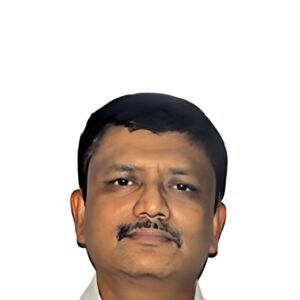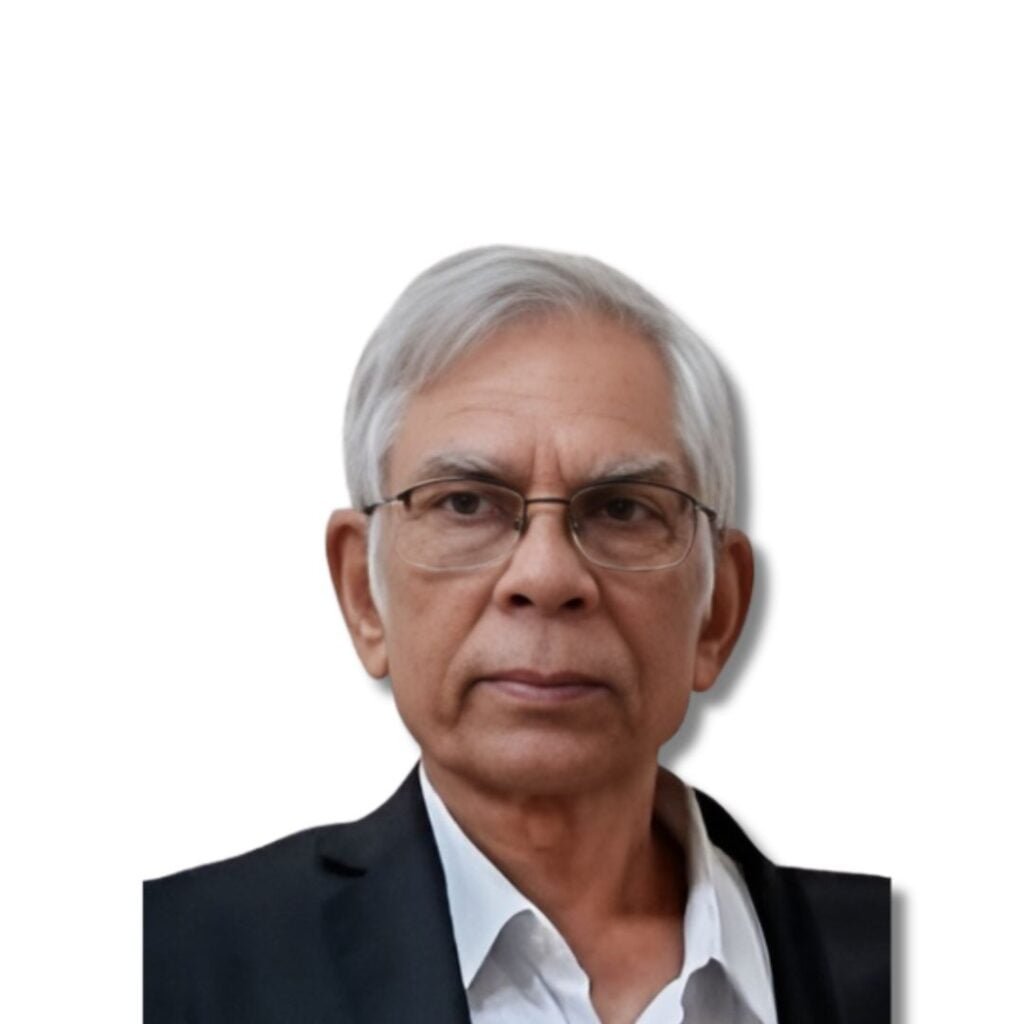Prof. Kalyan Das : IAGR Conference 2024
Kalyan Das teaches at the Department of Geography, Cotton University, Guwahati. He obtained his PhD (1999) from Jawaharlal Nehru University, New Delhi and did post-doctoral research at International Centre for Ethnic Studies, Kandy, Sri Lanka (2005). He was associated with OKD Institute of Social Change and Development, Guwahati for more than two decades (1999-2020). His research interests are in livelihood and labour market, industry and environment.
Title of Talk: Towards a Holistic Policy Framework and Governance for reaching the Sustainable Development Goals
Abstract:
Prime concern at present for the developing countries of the world is to reach all the Sustainable Development Goals. The approach or emphasis in this context needs to be holistic as all development indicators and goals in the sustainable development context, are interrelated; thus, require careful monitoring on the developments of each of the indicators and goals. The approach of universal public provisioning of education towards reducing dropout and ensure GER at higher level will not only improve the goal number 4 of quality education, shall also ease the task of achieving the goal number 5 (gender equality), goal 10 (reduced inequality) and would help with certainty to reach goal 1 (reduce poverty) by enhancing knowledge and capability of a person. Similarly, to ensure good health and wellbeing (goal 3) the universal public provisioning of the health care services need to be complemented by stringent road rules to minimise the accidents and the care burden. Reading on peoples’ discontents and deprivation on their lives and livelihoods, is one of the approaches to monitor the developments towards reaching the SDGs. The approach to eradicate poverty requires not only creation of decent livelihood opportunities, but to make all jobs sustainable in the long run. Jobs need to be made sustainable with appropriate regulatory support, prevent all forms of job, employment and labour market volatility and thereby eradicate all forms of stress and anxiety of the people. The jobs associated with resource use and extraction, for instance, need to be planned with informed data on the stock of the resources, also considering the ecological criteria, that no abrupt policy decision of the State makes an existing job sector vulnerable. Improper/outmoded and ecologically unsustainable jobs are to be gradually withdrawn creating new opportunities. In India, it is commented (Menon and Kohli, 2015, EPW, December 12) that the developments to take initiatives have moved so fast that the regulatory models of the country have been unable to catch up with them to ensure sustainability. This deliberation shall try to discuss, citing a few instances in the context of India, how all the approaches to reach the SDGs are mutually reinforcing or weakening; thus, require well-coordinated efforts.




